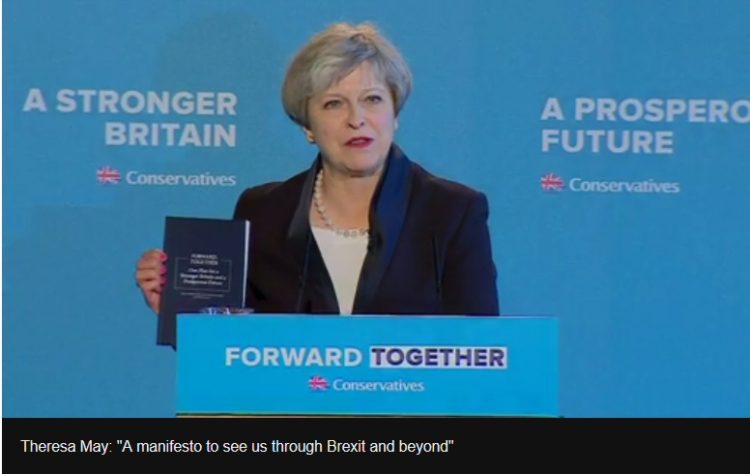By Ben Kerrigan-
Theresa May’s has set out her plan for a Withdrawal Agreement Bill as she expressed a strong desire to unite the difference between her party and The Labour party on issues dividing parliament.
She addressed Labour’s view on an independent trade policy, stating they don’t consider it is in the national interest. She highlighted their preference for a comprehensive customs union with a UK say in EU trade policy but with the EU negotiating on our behalf. Mps are still divided on this issue, but one they would be chewing on to see if any compromise is possible.
Ms May also addressed the dividing issue of a second referendum after re-iterating a position she has made many times in the past that she personally does not see it as the way forward
Speaking from Downing Street, Theresa May said: “I recognise the genuine and sincere strength of feeling across the House on this important issue.
“The government will therefore include in the Withdrawal Agreement Bill at introduction a requirement to vote on whether to hold a second referendum and this must take place before the Withdrawal Agreement can be ratified.” Ms May said: “Although it’s not possible for (alternative arrangements) to replace the backstop in the Withdrawal Agreement, we can start the work now to ensure they are a viable alternative.
“So as part of the new Brexit deal we will place the government under a legal obligation to seek to conclude alternative arrangements by December 2020 so that we can avoid any need for the backstop coming into force.” Outlining the ten key proposals to her deal, the prime minister said that a rejection of the deal by Mps would amount to ministers stopping Brexit.
The first plan stated by the prime minister is the idea of a temporary customs relationship until the next general election, and measures on the environment and workers’ rights. It is expected to be presented to Parliament for a vote in June
Included in the bill, is plans for the British government to pursue the conclusion of alternative arrangements to replace the backstop by December 2020, so that it never needs to be used. It is tied to a commitment that in the event of the backstop coming into force, the government will ensure that Great Britain will stay aligned with Northern Ireland.
Thirdly, ther government commits to he negotiating objectives and final treaties for our future relationship with the EU will have to be approved by MPs. This allows flexibility on final treaties by Parliament. A new workers’ rights bill that guarantees workers’ rights will be no less favourable than in the EU. There will be no change in the level of environmental protection when we leave the EU.
Theresa May then said that the UK will seek as close to frictionless trade in goods with the EU as possible while outside the single market and ending free movement. Keeping updated with EU rules for goods and agri-food products that are relevant to checks at border protecting the thousands of jobs that depend on just-in-time supply chains
The bringing forward of a customs compromise for MPs to decide on to break the deadlock. Mps will then be able to vote on whether the deal should be subject to a referendum. Lastly, there will be a legal duty to secure changes to the political declaration to reflect this new deal.
All of these commitments will be guaranteed in law – so they will endure at least for this parliament.
The bill will be put to a vote in early June, and if it fails, the PM is likely to come under intense pressure to quit. Downing Street said there was a “shared determination” in cabinet to find a way of passing the legislation although it conceded “strong opinions” had been aired on how best to do this.
SIGNIFICANT ?
Downing Street had said the bill would contain “some significant new aspects”, but some ministers remain skeptical whether it would make a difference to how Mps vote on the matter.
The hope in Downing Street believes that those in favour of another referendum or a form of Brexit that keeps us closer to the EU may back this bill and try and get their way during later detailed debate.
However, Commons leader and Brexiteer Andrea Leadsom said she would back the bill of it it is outside the structure of both the custom union and the Single Market, ” The prime minister also expressed the necessity to prepare for a no deal Brexit.




